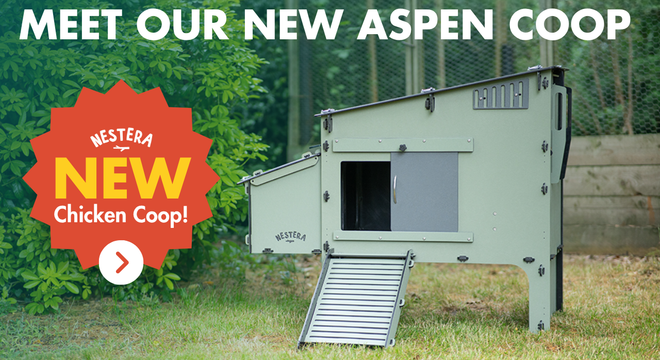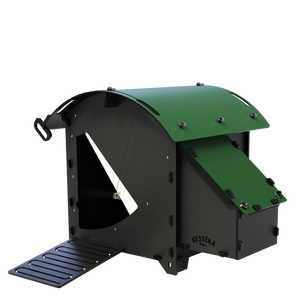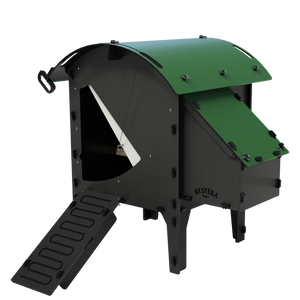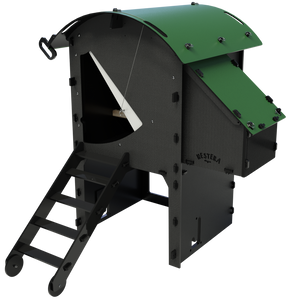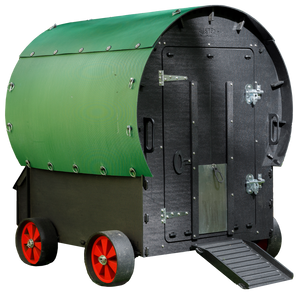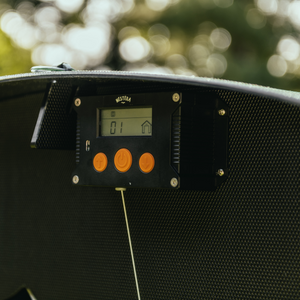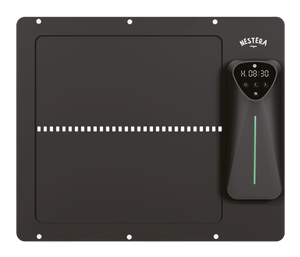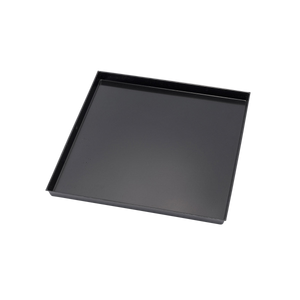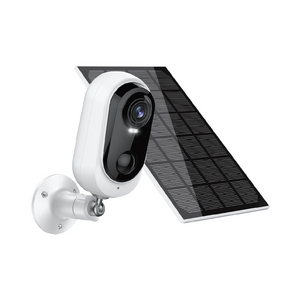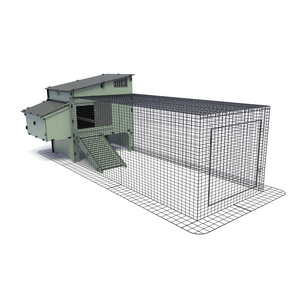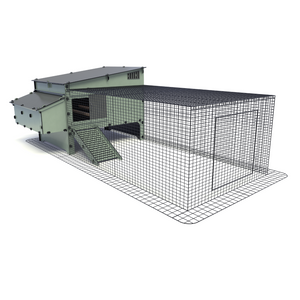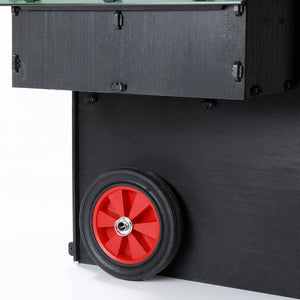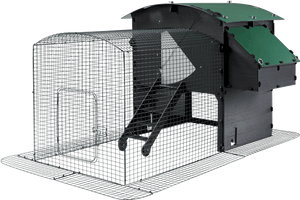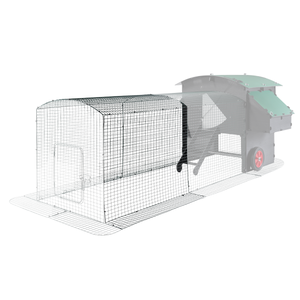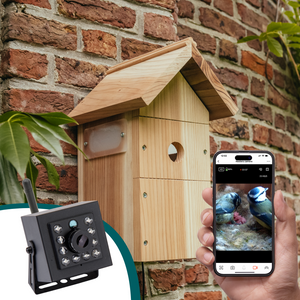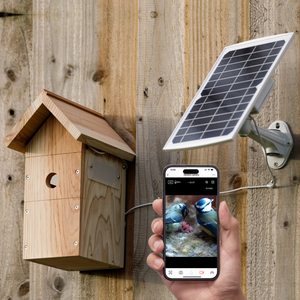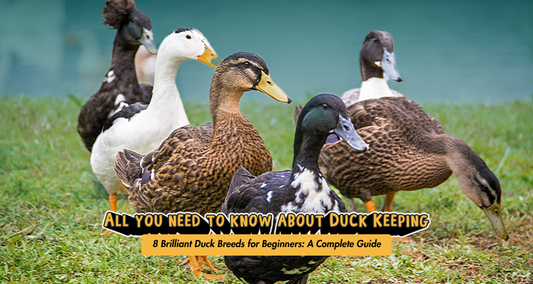One of the most common questions new chicken keepers ask is whether or not to wash the eggs collected from their backyard flock. The short answer? It depends.
Washing eggs has implications for hygiene, storage, and egg safety, and whether or not it’s the right move depends on how the eggs will be stored or sold. Here's what you need to know.
Why You Might Be Tempted to Wash Eggs?

It’s understandable—freshly laid eggs can sometimes have dirt, feathers, or manure stuck to the shell. Cleaning them may seem like the hygienic choice. However, washing isn’t always the best practice, especially when it comes to preserving the egg’s natural defenses and freshness.
Why You Shouldn’t Wash Eggs (Most of the Time)
1. The Natural Protective Bloom
Eggs are laid with a thin, invisible coating called the bloom (or cuticle), which seals the pores of the shell. This barrier helps prevent bacteria and moisture from entering the egg and spoiling it. Washing eggs removes this natural protection, increasing the risk of contamination.
2. Risk from Water Temperature
Using cold water can cause the egg’s porous shell to contract, pulling bacteria in. Hot water can expand the egg contents and create the same problem. Soaking or submerging eggs also increases the risk of shell damage and bacterial exposure.
3. Storage Challenges
Unwashed eggs, with their bloom intact, can safely be stored at room temperature for several weeks (depending on your climate). Washed eggs, however, must be refrigerated immediately and typically won’t last as long.
When Washing Eggs Might Be Necessary
While leaving eggs unwashed is best in most cases, there are situations where a gentle clean is justified:
1. Heavily Soiled Eggs
If an egg is covered in mud or manure, washing it may be necessary to prevent bacteria transfer. Use water that’s slightly warmer than the egg to avoid drawing contaminants inside.

2. Eggs for Sale
Local food safety regulations may require eggs to be cleaned before sale. Always check your regional guidelines to ensure compliance.
3. Cracked, Dirty, or Smelly Eggs
Any egg that is visibly cracked, has an odor, or is visibly dirty enough to pose a hygiene risk should be inspected and, if deemed usable, gently cleaned.
How to Properly Wash Eggs (If You Must)

If washing is required, follow these safe practices:
-
Use Warm Water: Around 90°F–100°F (32°C–38°C) is ideal—never cold or too hot.
-
Gently Clean: Use a soft cloth, brush, or sponge to remove dirt. Avoid soaking.
-
Dry Immediately: Pat the egg dry with a clean towel to reduce moisture and bacteria.
-
Store in the Fridge: Washed eggs should always be refrigerated to maintain freshness and safety.
Conclusion: To Wash or Not to Wash?
In most cases, it’s best not to wash eggs from your garden flock unless they are visibly dirty or required by law. The natural bloom provides effective protection against bacteria and helps keep eggs fresh for longer.

If you do need to clean them, make sure to follow safe egg-washing practices and always refrigerate the eggs afterward. For personal use, simply collecting, inspecting, and storing your eggs in a cool, dry place is usually all that’s needed to enjoy fresh, safe eggs from your backyard hens.
